From ESS News
Saudi Arabia has officially connected its largest battery energy storage system (BESS) to the grid, marking a significant milestone in the country’s renewable energy expansion. The project proponents describe the 500 MW/2000 MWh BESS development in Bisha, in the southwestern Saudi Arabian province of ‘Asir, as the world’s largest operational single-phase energy storage project.
The Bisha battery storage facility features 122 prefabricated storage units, designed and supplied by China’s BYD. Each unit integrates a 6 MW power conversion system (PCS) alongside four lithium iron phosphate (LFP) battery modules, each with a capacity of 5.365 MWh. This modular approach is described as a way to optimize space utilization, enhance system integration, and minimize potential failure points.
The project was designed by Power China Hubei Engineering Co., a subsidiary of Power China, which played a significant role in its construction. The facility’s deployment in the harsh desert environment posed substantial challenges, including extreme temperatures and frequent sandstorms. Engineers overcame these conditions by refining installation methods and optimizing commissioning processes to ensure long-term reliability.
The Bisha BESS is part of Saudi Arabia’s broader initiative to strengthen its renewable energy infrastructure. This development aligns with Vision 2030, the kingdom’s long-term economic strategy, which aims to derive 50% of its energy from renewable sources. Energy storage is a vital component of this transition, providing grid flexibility and enabling the integration of intermittent power sources such as solar and wind.
The project is among several large-scale battery storage initiatives being developed in Saudi Arabia. In an ongoing procurement, the Saudi Power Procurement Company (SPPC) is tendering four 500 MW / 2,000 MWh BESS projects. The list of prequalified 33 bidders was released earlier in January, revealing Masdar, ACWA Power, EDF, and TotalEnergies as competitors for 15-year storage services agreements.
This content is protected by copyright and may not be reused. If you want to cooperate with us and would like to reuse some of our content, please contact: editors@pv-magazine.com.
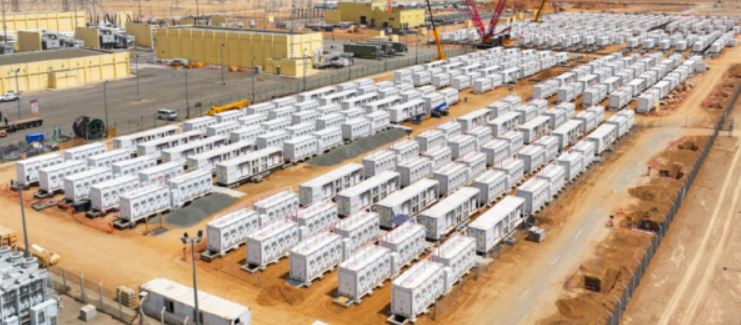


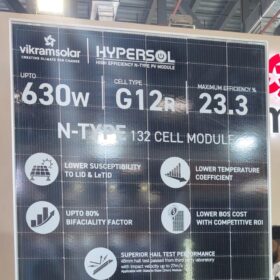
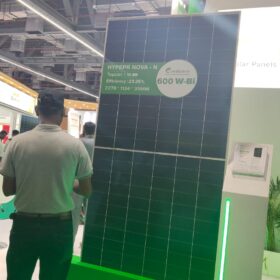
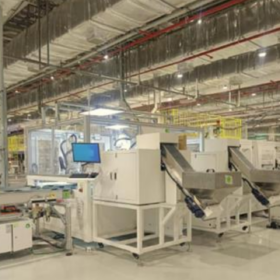
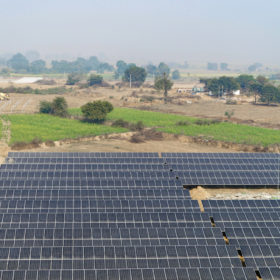

By submitting this form you agree to pv magazine using your data for the purposes of publishing your comment.
Your personal data will only be disclosed or otherwise transmitted to third parties for the purposes of spam filtering or if this is necessary for technical maintenance of the website. Any other transfer to third parties will not take place unless this is justified on the basis of applicable data protection regulations or if pv magazine is legally obliged to do so.
You may revoke this consent at any time with effect for the future, in which case your personal data will be deleted immediately. Otherwise, your data will be deleted if pv magazine has processed your request or the purpose of data storage is fulfilled.
Further information on data privacy can be found in our Data Protection Policy.